ISCC International Sustainability and Carbon Certification
Project overview
ISCC (International Sustainability and Carbon Certification) is a globally applicable sustainability certification system that covers all sustainable raw materials, including biomass, biowaste and residues, non-biological renewable materials, recycled materials and renewable energy from agriculture, forestry and aquaculture. Originating in Germany, it is an open multi-stakeholder initiative that leads certification systems to support sustainable, traceable, deforestation-free and climate-friendly supply chains. We are committed to protecting forests, high-carbon reserves and biodiversity to achieve environmental, social and economic sustainability.
Authentication type
ISCC EU: ISCC EU is the leading certification system recognized by the European Commission in compliance with the requirements of the Renewable Energy Directive (RED II) for the sustainable production of biofuels and biomass, as well as the market for biomass and biofuels for food and non-food uses and their trading chains, and is a mandatory certification for entering the EU energy market.
ISCC PLUS: The ISCC PLUS certification system is a voluntary scheme that complements the ISCC EU certification system by adding certification for the sustainable production of raw materials in the areas of life such as chemicals, food and household goods. It applies to producers of biomass and non-biomass raw materials, as well as to all aspects of the supply chain, such as farming, harvesting, processing, storage, transportation and marketing.
Key standards of ISCC authentication system:
1, ecologically sustainable (protection of land with high biodiversity value or high carbon storage, environmentally responsible production in deforestation-free supply chains to protect soil, water and air)
2. Social sustainability (reduce greenhouse gas emissions, use renewable energy for public transport)
3. GHG emission testing (method for calculating greenhouse gas emissions, monitoring greenhouse gas reduction, mandatory EU biofuels market)
4, supply chain regulation (ISCC definition, reference documents, certification principles, key requirements, from ordering, procurement, production, warehousing and production line planning to follow ISCC regulatory standards, ISCC identification and declaration) the higher the level of protection required, the higher the level of assessment (related to the assessment objectives). In general, to obtain an AL-3 level label, participants must undergo an on-site audit.
Benefits of certification
1. ISCC certification facilitates domestic and international trade and expands opportunities to increase market potential.
2. The services provided by ISSC certification provide a new and alternative opportunity for manufacturers, processors, retailers and brands to demonstrate their commitment to managing their supply chains in a sustainable way.
3, Global recognition: ISCC is the first international certification system that can demonstrate sustainability and greenhouse gas savings for all types of biomass and bioenergy; ISCC is recognised by the European Commission in all 27 EU Member States: ISCC is also recognised by the German government
4, meet the requirements of high ecological and social sustainable development, greenhouse gas emissions reduction and traceability throughout the supply chain
The services we provide
Zhongbang provides ISCC certification one-stop service, our expert team will provide you with professional guidance and support, to ensure your certification worse-free!!
- • Life cycle assessment: Product Carbon Footprint (PCF), Product Environmental Footprint (PEF)
- • Product Low-carbon Certification: Environmental Product Declaration (EPD certification)
- • Recycled materials certification: ISCC Plus certification, GRS certification, RCS certification,
- • Supply chain sustainable information disclosure: organizational carbon inventory, CBAM data filling, CDP climate questionnaire filling, EcoVadis certification, SBTi certification, ESG report preparation
- • Registration system construction and physical examination pre-examination consulting service
Zhongbang is one of the earliest institutions in China to engage in compliance consulting services. It has a senior expert team composed of PhDs, Masters, and Bachelor's degrees, and has established branches in the UK, the United States, South Korea, Beijing, Shanghai, Suzhou, Fuzhou, Shenzhen, and other places, forming a global service network layout.
-
Strong technical strength:
A strong team composed of mid to senior technical personnel with professional backgrounds in chemistry, food nutrition and health, medicine, biology, toxicology, environment, and other fields
-
International service level:
A business elite team with multiple languages including English, Japanese, German, and Chinese, efficiently serving international customers
-
Rich compliance experience:
With years of experience in global product and regulatory research in multiple fields, we are able to provide comprehensive and high-level compliance consulting support to various customers
-
Localized service capabilities:
Having multiple branch offices in the UK, USA, South Korea, Beijing, Shanghai, Suzhou, Fuzhou, Shenzhen, etc., we can provide you with services nearby
Service Hotline :400-115-9001
Zhongbang Consulting (Shandong Zhongbang North Management Consulting Co., Ltd.) focuses on product registration and compliance consulting services. With its professional technology, diverse resources, and global network, we are committed to providing regulatory consulting and environmental regulation response services for pharmaceutical, chemical, consumer goods production enterprises, and large multinational corporations. To solve the environmental, health and safety laws and regulations, product quality standards, and other issues faced by enterprises in production, sales, and global trade processes.
Accumulated Customers
18,000+
Distributed in 35 countries and regions
14year
Industry experience
260+
Senior expert team
15+
Subsidiaries
300+
Collaboration Cases
Brand Cases
The choices and trust of over 18000 customers are the driving force for Zhongbang to continuously improve its services. We are willing to grow together with these excellent enterprises
Service Hotline:400-115-9001



























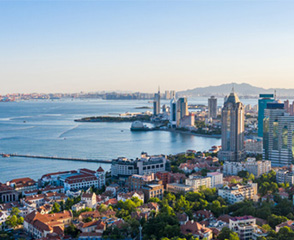
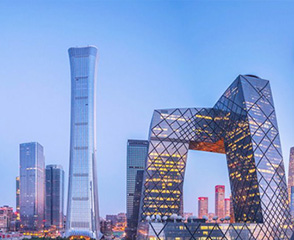



































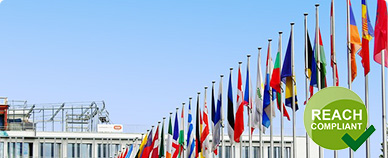
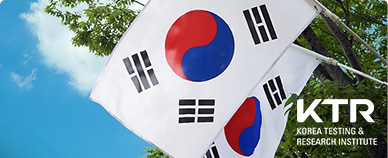

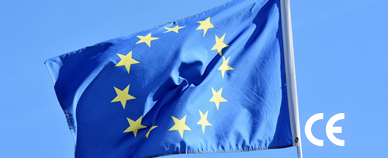
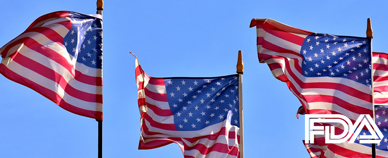

 Consultation
Consultation
 400-115-9001
400-115-9001